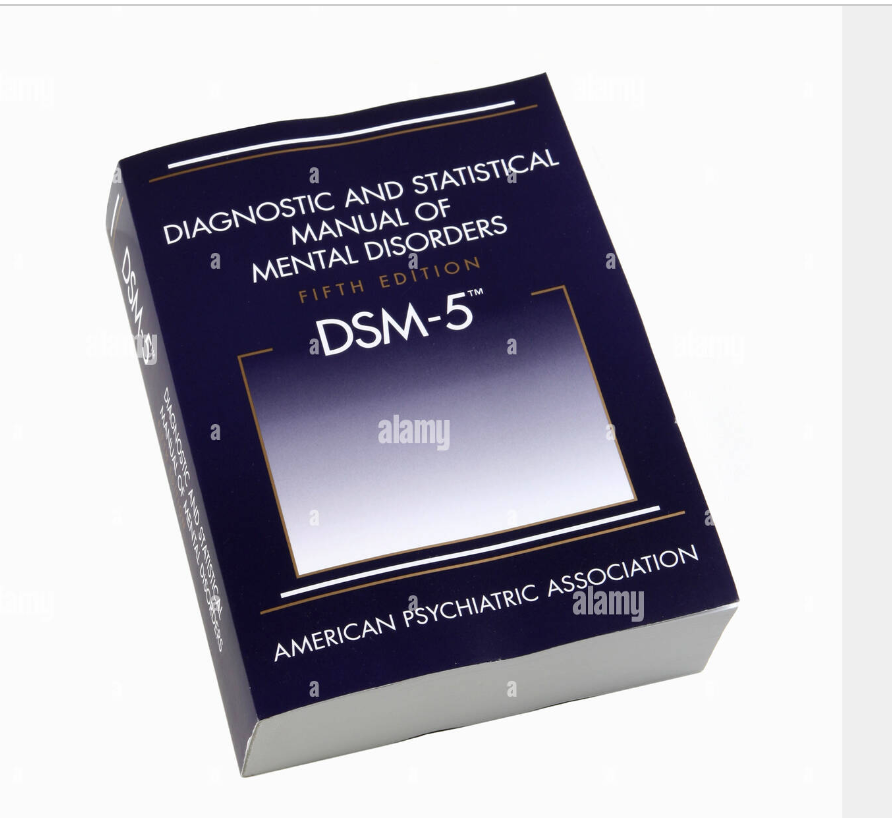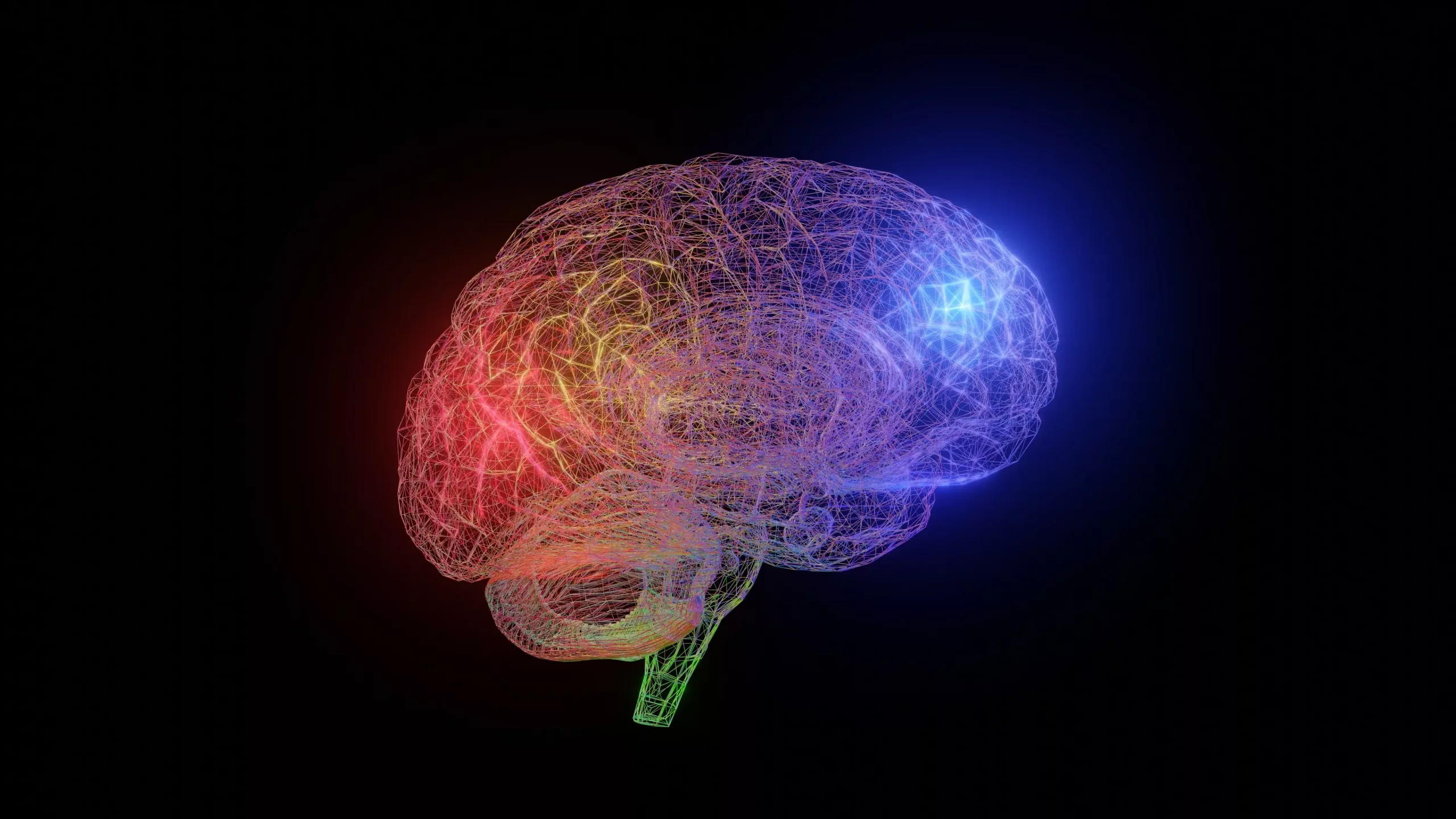Giving severely depressed patients the arthritis drug celecoxib (brand name Celebrex) dramatically boosted the effectiveness of their antidepressant medication, according to new research. Patients were randomly assigned to receive the antidepressant escitalopram (Lexapro) plus celecoxib or Lexapro plus a placebo.
By comparison, only 45 percent of the placebo group recorded a 50 percent or more reduction in depression, with only 10 percent reporting their depression had lifted completely, the researchers reported.
While it typically takes four to six weeks before an antidepressant begins working, researchers report that patients who took celecoxib began seeing a benefit from their antidepressant within a week.
The study was presented at the Fifth International Congress on Psychiatry and the Neurosciences in Athens, Greece, in October 2016 by Dr. Angelos Halaris of the Department of Psychiatry and Behavioral Neurosciences at Loyola University Chicago Stritch School of Medicine.
Previous studies have found that depression revs up the immune system, resulting in chronic inflammation. This inflammatory response affects the normal balance of neurotransmitters, the chemical messengers in the brain.
Inflammation hinders the function of antidepressants that are designed to restore normal chemical balance. By fighting inflammation, celecoxib appears to make antidepressants more effective, Halaris said.
Celecoxib is used to treat pain, redness, swelling and inflammation from arthritis. It also can manage acute pain and menstrual cramps. By itself, it does not treat depression, according to the researchers.
The study’s findings support the hypothesis that inflammation plays a critical role in depression, the researchers noted.
Reducing inflammation with a drug such as celecoxib “reverses treatment resistance and enhances overall antidepressant response,” Halaris said.
“Such an intervention, if implemented relatively early in the course of the disease, may arrest the neuroprogressive course of bipolar disorder.”
Source: Loyola University Health System





Leave A Comment